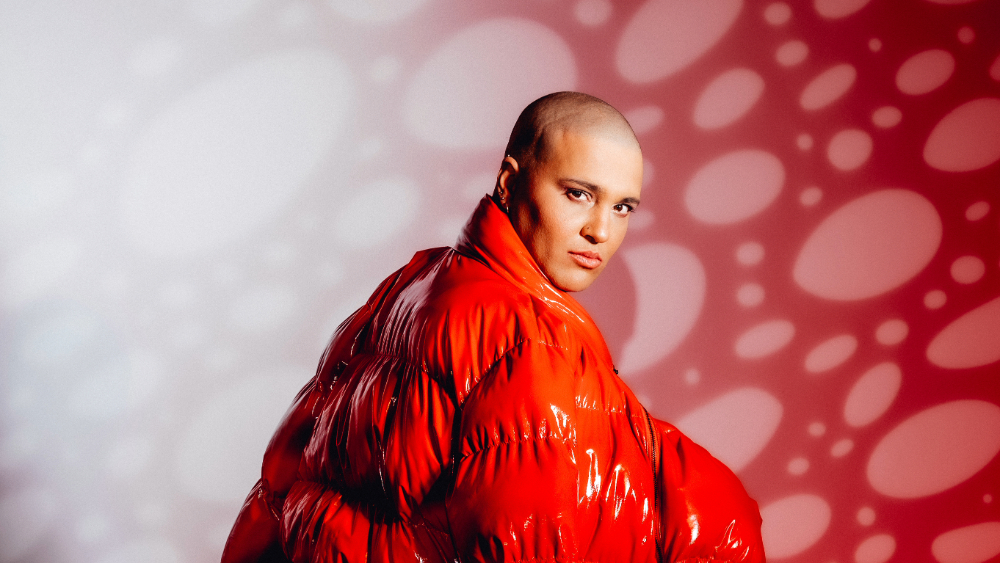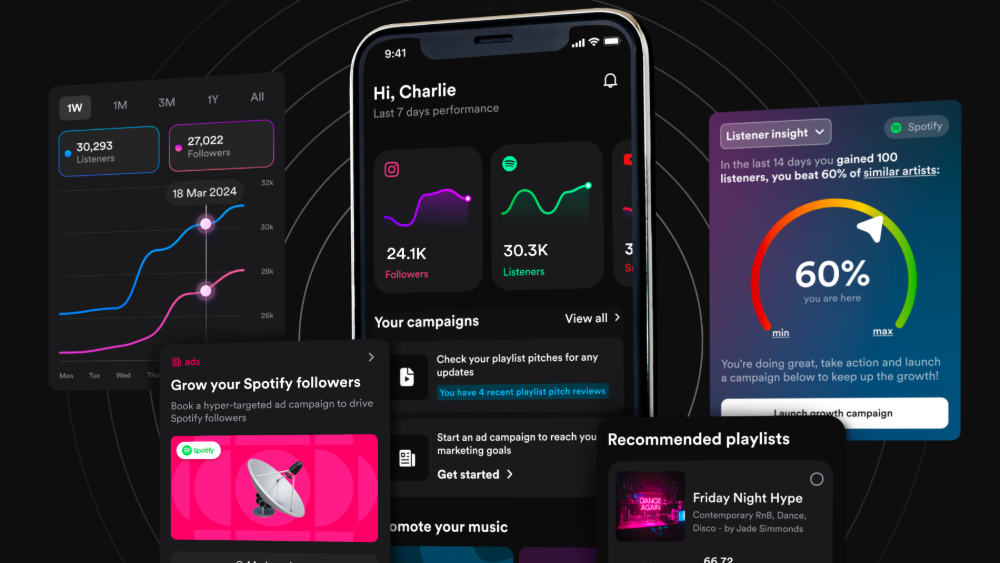A new global economic study from CISAC has warned that generative AI will ‘substantially jeopardise’ the income of music creators in the next five years.
Commissioned by CISAC — the largest global network of collective management organisations, representing over six million creators — and conducted by PMP Strategy, the study has been published this week and can be read in full here.
Among the key findings of the study is the projection that the market for AI-generated music and audiovisual content will increase exponentially in the next five years, growing from around €3bn (£2.49bn) now to €64bn (£53bn) in 2028.
As a result of this growth, however, music and audiovisual creators are expected to suffer a significant hit to their revenues by 2028.
The study concludes: ‘In an unchanged regulatory framework, creators will actually suffer losses on two fronts: the loss of revenues due to the unauthorised use of their works by generative AI models without remuneration; and replacement of their traditional revenue streams due to the substitution effect of AI-generated outputs, competing against human-made works.’
Indeed, the economic study also forecasts sharp growth for the revenues of generative AI providers, rising from €100m (£83m) in 2023 to €4bn (£3.3bn) in music by 2028. These are revenues derived directly from the unlicensed reproduction of creators’ works, which, CISAC says, ‘represents a transfer of economic value from creators to tech companies’.
The streaming and music library markets will also be strongly impacted by AI, the study found. By 2028, generative AI music is projected to account for approximately 20% of traditional music streaming platforms’ revenues, and around 60% of music libraries’ revenues.
Speaking about the study, CISAC President Björn Ulvaeus said: ‘For creators of all kinds, from songwriters to film directors, screenwriters to film composers, AI has the power to unlock new and exciting opportunities — but we have to accept that, if badly regulated, generative AI also has the power to cause great damage to human creators, to their careers and livelihoods. Which of these two scenarios will be the outcome?
‘This will be determined in large part by the choices made policy makers in legislative reviews that are going on across the world right now. It’s critical that we get these regulations right, protect creators’ rights and help develop an AI environment that safeguards human creativity and culture.’
Andrea Czapary Martin, CEO of PRS for Music, said of the study: ‘Alongside advocating for a robust framework for responsible AI, we are utilising AI to streamline processes, increase matching accuracy and accelerate the payment of royalties. PRS is working across the society network to build consensus in how to tackle the shared challenges of AI, while also harnessing its opportunities, for the benefit of songwriters, composers and music publishers.'





